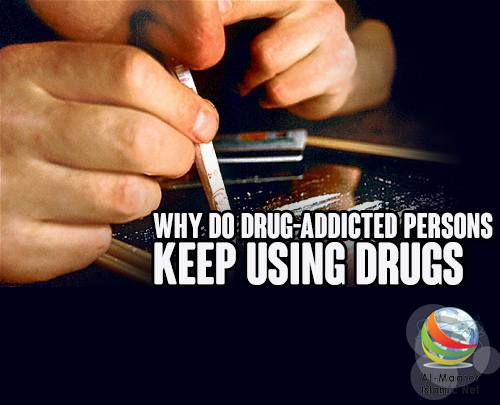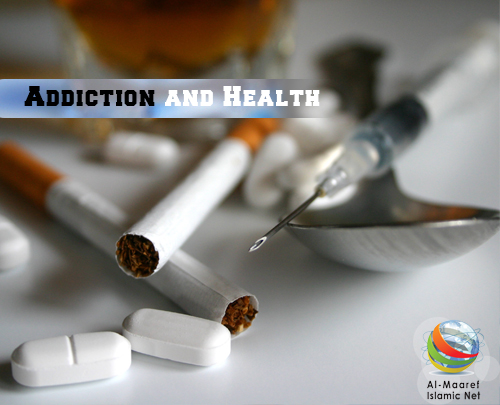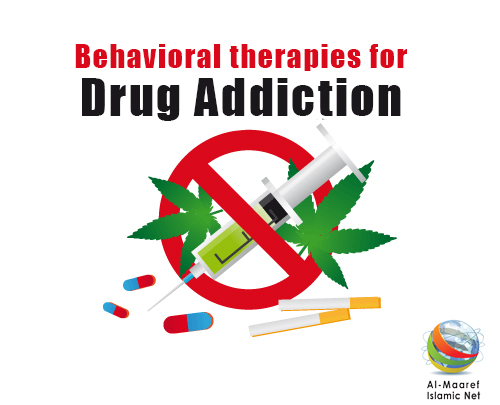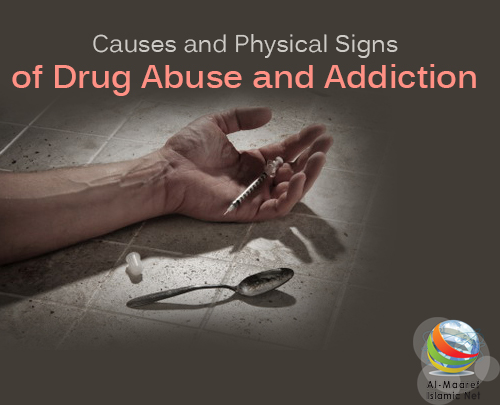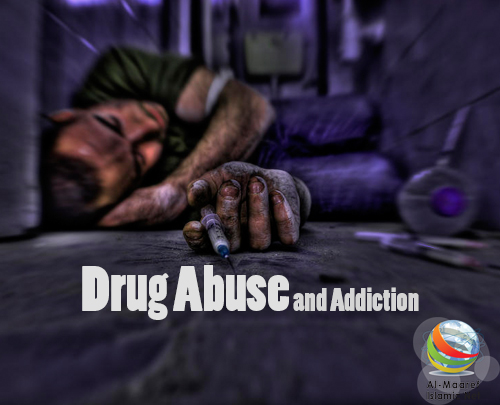Nearly all addicted individuals believe at the outset that they can stop using
drugs on their own, and most try to stop without treatment. Although some people
are successful, many attempts result in failure to achieve long term abstinence.
Research has shown that long-term drug abuse results in changes in the brain
that persist long after a person stops using drugs. These drug-induced changes
in brain function can have many behavioral consequences, including an inability
to exert control over the impulse to use drugs despite adverse consequences-the
defining characteristic of addiction.
Long-term drug use results in significant changes in brain function that can
persist long after the individual stops using drugs.
Understanding that addiction has such a fundamental biological component may
help explain the difficulty of achieving and maintaining abstinence without
treatment. Psychological stress from work, family problems, psychiatric illness,
pain associated with medical problems, social cues (such as meeting individuals
from one's drug-using past), or environmental cues (such as encountering
streets, objects, or even smells associated with drug abuse) can trigger intense
cravings without the individual even being consciously aware of the triggering
event. Any one of these factors can hinder attainment of sustained abstinence
and make relapse more likely. Nevertheless, research indicates that active
participation in treatment is an essential component for good outcomes and can
benefit even the most severely addicted individuals.
* Source: www.nida.nih


